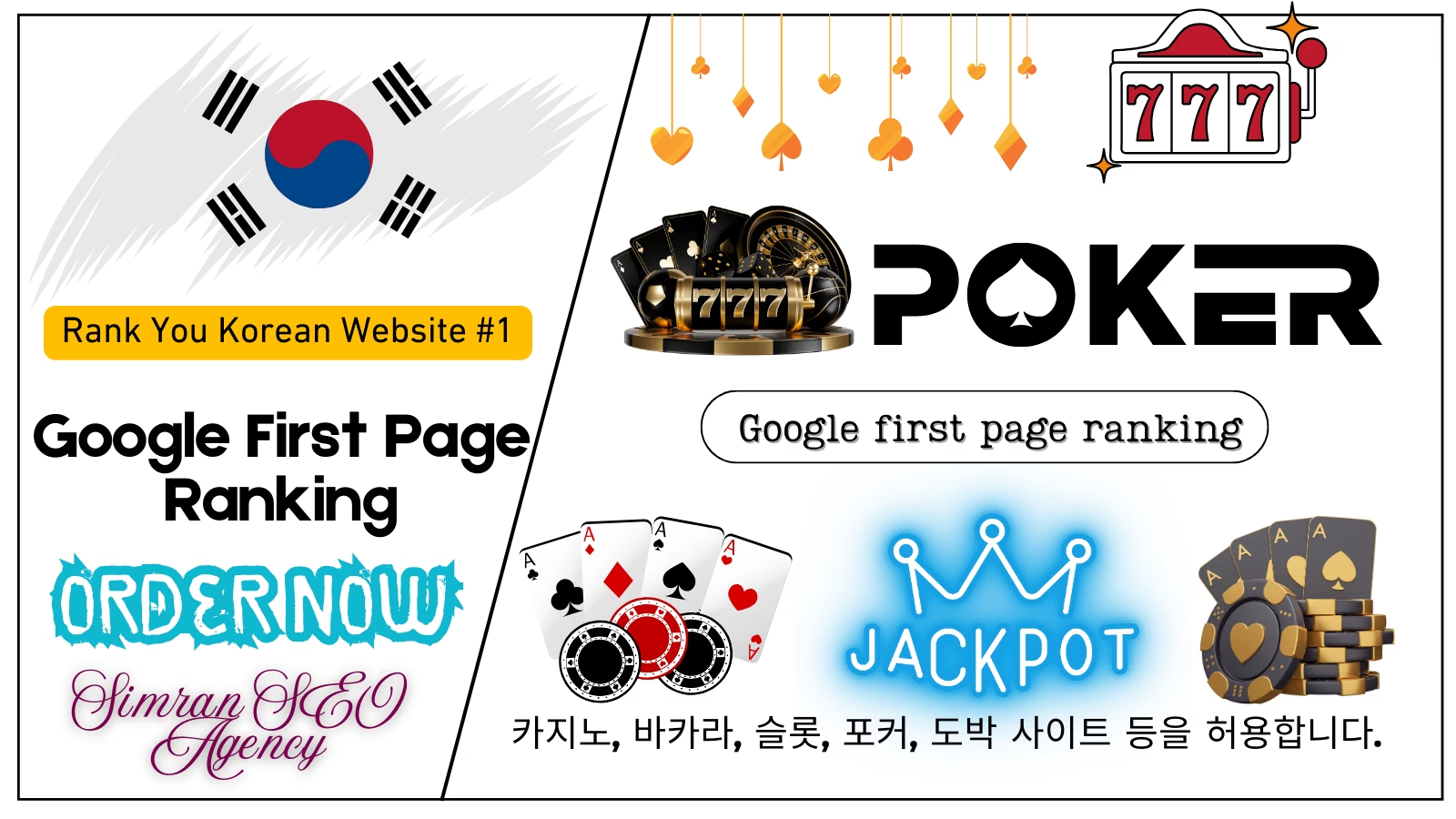When it comes to building a strong online presence, SEO is the beating heart of success. And one of its most essential pillars? SEO link building. Whether you’re a seasoned marketing manager, an SEO professional, or a website owner, mastering link building can dramatically improve your search rankings and drive organic traffic to your site.
This guide will demystify link building, unpack highly effective strategies, and help you tailor your approach to audiences in the Korean and USA markets. By the end, you’ll have a roadmap to grow your website’s credibility and traffic.
What Is SEO Link Building and Why Is It Crucial?
Simply put, SEO link building is the process of acquiring hyperlinks (links) from other websites to your own. These hyperlinks signal to Google that your website is trustworthy and deserves a higher spot in search results.
Why is this important? According to a study by Ahrefs, linking domains are one of the most critical ranking factors for search engines. High-quality backlinks act like votes of confidence. The more credible and relevant these votes are, the more likely your site climbs the rankings.
Key Benefits of SEO Link Building:
- Boost Search Rankings – Backlinks from authoritative websites help elevate your domain authority and visibility on search engines.
- Increase Organic Traffic – The better your rankings, the more likely users are to land on your site.
- Enhance Credibility – Effective link building positions your site as a trusted source of information in your industry.
Understanding Different Types of Links
Not all links serve the same purpose. Understanding the different types is crucial to crafting an effective link-building strategy.
Internal Links
Internal links connect pages within your own website. They make it easier for users to navigate and help search engines crawl your content more effectively.
- Purpose: Improve website usability and guide visitors toward high-conversion pages.
- Example: Linking from a blog post to a related product page.
External Links
External links point from your site to another website. When you link to reputable sources, it signals that your content is well-researched and credible.
- Purpose: Enhance user experience and improve your site’s value by referencing trustworthy sources.
- Tip: Only link to reputable, high-authority websites to build trust.
Backlinks (Inbound Links)
These are links from external websites directing users to your site. Search engines view backlinks as endorsements for your content quality and relevance.
- Key Considerations:
- “Dofollow” Links: Pass on SEO value and authority.
- “Nofollow” Links: Do not pass SEO authority but still drive traffic.
| Type of Link | Definition | Purpose |
|---|---|---|
| Internal Links | Links connecting pages within your own website. | Improve navigation and site hierarchy. |
| External Links | Links pointing from your site to another website. | Add credibility and user value. |
| Backlinks | Links from other websites directing users to your own. | Improve rankings and establish authority. |
Advanced Backlink Strategies That Work

Building great backlinks requires more than just hoping others will link to your site. Here are proven strategies to get started:
1. Content Creation and Outreach
Content is king when it comes to earning backlinks. High-quality content naturally encourages others to link to your site.
- Examples of Link-Worthy Content:
- Expert guides
- Infographics
- Case studies
- Outreach Tip: Build relationships with industry bloggers or editors to introduce your content.
2. Broken Link Building
Broken link building involves identifying broken links on external websites and suggesting your content as a replacement.
- How It Works: Find broken links using tools like Ahrefs or Check My Links, reach out to the site owner, and recommend your resource in its place.
3. Competitor Backlink Analysis
Analyzing your competitors’ backlinks can uncover opportunities for your own site.
- Tools to Use: Ahrefs, SEMrush.
- How to Do It: Check where competitors are getting backlinks, then target similar sites or directories.
4. Directory Submissions and Local Listings
Submitting your site to reputable directories and local listings can create high-quality backlinks.
- Tips for Success: Focus on well-known, industry-specific directories with a strong domain authority.
5. Social Sharing and Partnerships
Amplify your content’s reach by sharing it on social media and collaborating with influencers.
- Benefit: Increased exposure can lead to organic backlinks.
Tools for Monitoring and Analyzing Your Link Profile
Monitoring the quality of your backlinks is critical. Using tools to track and analyze your links helps ensure you’re building a healthy link profile.
Recommended Tools for Link Analysis
- Ahrefs: Tracks backlinks and provides comprehensive competitor analysis.
- Moz: Offers detailed domain authority metrics.
- SEMrush: Monitors backlinks and identifies toxic links to disavow.
- Majestic: Analyzes link data and evaluates link quality over time.
| Tool | Key Features | Best For |
|---|---|---|
| Ahrefs | Backlink tracking and competitor insights. | Comprehensive link analysis. |
| Moz | Domain authority scores and keyword tracking. | Measuring site authority. |
| SEMrush | Toxic backlink alerts and ranking reports. | Ongoing link monitoring. |
| Majestic | Historic link performance analysis. | Evaluating long-term strategies. |
Tailoring SEO Link Building for Korean and USA Audiences
SEO strategies are not one-size-fits-all. Tailoring your link-building approach to different markets can make a significant difference.
1. Understanding Cultural Preferences
- For Korean Audiences: Focus on local platforms like Naver and collaborate with influencers popular in Korea.
- For USA Audiences: Engage with global platforms such as Google and LinkedIn.
2. Local SEO Strategies
Leverage local directories and industry blogs specific to your market. For example, partnerships with regional businesses or events can generate backlinks and build community connections.
3. Adapting Communication Styles
Tailor your outreach approach to align with cultural norms.
- Korea: Use formal and respectful language.
- USA: A casual, conversational tone often works better.

Build Links, Build Success
Consistent, high-quality link building is one of the most impactful ways to strengthen your website’s SEO. By producing valuable content, leveraging powerful tools, and tailoring strategies for your audience, you can create a robust link profile that drives organic traffic and builds credibility.
Take the first step toward better SEO today. Explore more expert tips on backlink strategies or try one of the tools mentioned above. Strong link building isn’t just optional—it’s essential for long-term growth.




